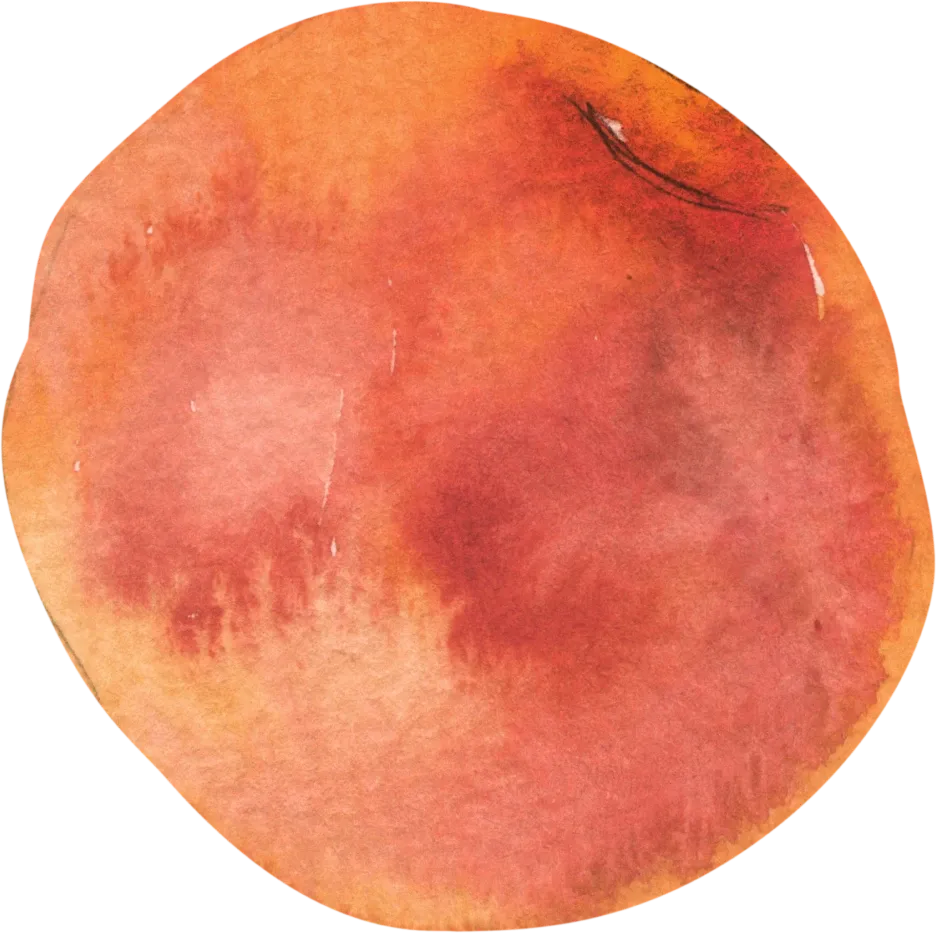The Nutritional Power of Beets: A Superfood for Your Health
Introduction
Beets, often recognized for their deep red color and earthy flavor, are a nutritional powerhouse that offers a range of health benefits. Whether roasted, juiced, or used in salads, beets provide a variety of essential vitamins and minerals that support overall health. In this blog, we’ll explore why beets should be part of your diet and how they can contribute to better heart health, improved stamina, and more.
Health Benefits of Beets
- Boosts Heart Health
Beets are rich in dietary nitrates, which help lower blood pressure and improve circulation, supporting cardiovascular health.
- Improves Stamina
Nitrates in beets enhance oxygen use during exercise, making them a great pre-workout food for endurance and performance.
- Supports Detoxification
The antioxidants and betalains in beets help detoxify the liver, aiding the body in flushing out harmful toxins.
- High in Fiber for Digestive Health
Beets provide a good source of dietary fiber, which helps maintain a healthy digestive system and supports gut health.
- Rich in Folate
Folate, essential for DNA synthesis and cell repair, makes beets particularly beneficial for pregnant women and overall cell growth.
Different Varieties of Beets
Beets come in several varieties, each offering its own flavor and nutritional profile:
- Red Beets: The most common variety, known for its earthy flavor and deep red color.
- Golden Beets: Milder and sweeter, with a vibrant golden hue.
- Chioggia Beets: These heirloom beets have red-and-white striped flesh and a slightly milder taste.
- Sugar Beets: Typically used to make sugar, these are larger and less flavorful than table beets.
Creative Ways to Enjoy Beets
- Roasted: Roasting beets brings out their natural sweetness and creates a caramelized texture.
- In Salads: Toss beets into salads for an earthy, sweet flavor that pairs well with nuts and cheese.
- Beet Juice: Fresh beet juice is a popular way to enjoy the vegetable’s health benefits in a quick and convenient form.
- Smoothies: Add beets to smoothies for a nutrient boost and vibrant color.
Conclusion
Beets are a versatile and highly nutritious vegetable that provides numerous health benefits, from improved cardiovascular health to better exercise performance. Whether you’re adding them to salads or juicing them, beets are a delicious way to enhance your diet and boost your health.
FAQs About Beets
- Are beets good for weight loss?
Yes, beets are low in calories and high in fiber, making them a great choice for weight loss and healthy digestion.
- What’s the best way to store beets?
Store beets in the refrigerator, unwashed, in a plastic bag to keep them fresh for up to two weeks.
- Do beets lose nutrients when cooked?
Beets retain most of their nutrients when cooked, although boiling can reduce their folate content. Roasting is a great way to preserve their nutritional value.
- Can you eat beet greens?
Yes, beet greens are edible and highly nutritious, offering a great source of vitamins A and K, as well as calcium.
- Are beets AIP diet compliant?
Yes, beets are allowed on the AIP diet as they are free from grains, dairy, legumes, and nightshades.
- Are beets Low-FODMAP?
No, beets are not Low-FODMAP as they contain high levels of fructans, which can cause digestive issues for some people with IBS.
- Are beets Low Histamine?
Yes, beets are generally low in histamine and are often tolerated by individuals with histamine intolerance.
- Are beets Keto-friendly?
Beets are relatively high in carbohydrates (10g per 100g serving), so they are not ideal for a strict keto diet but can be consumed in small quantities on a low-carb diet.
Recipes
Check out our meal planning service by following these recipes:
Simple Roasted Beets over Labneh

Nutrition Facts Label
Nutritional Benefits of Beets
A 100g serving of cooked beets contains:







